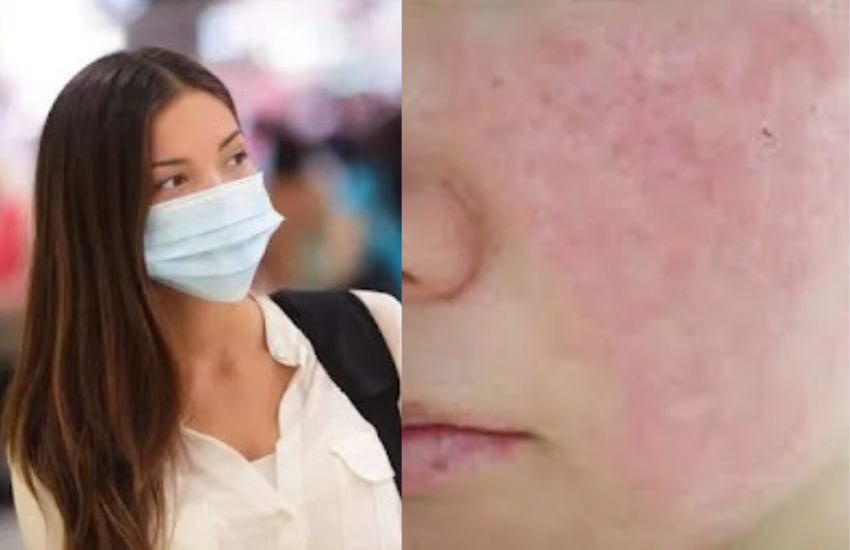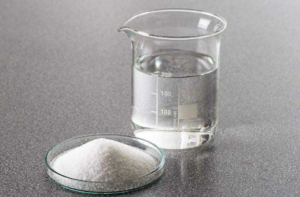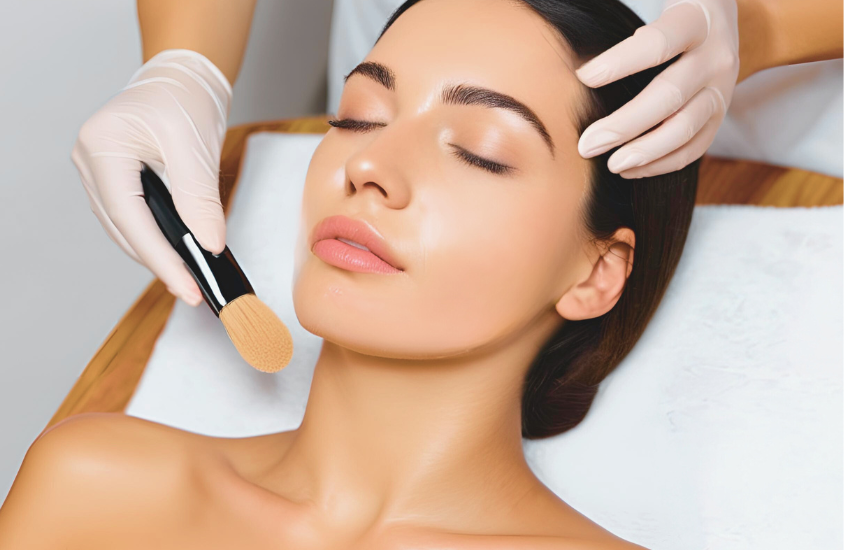
It’s been a few years into the COVID-19 pandemic, and many of us are used to the concept of wearing masks by now. However, mask wearing can be damaging to the skin, causing our skin to flare up, dry out, break out and more. In this article, we discuss why it happens, and what you can do to mitigate the problems that stem from wearing masks.
 Treatment
While mask-related skin issues are not life-threatening, they can hinder your everyday life to some extent. Below are some ways to relieve the impact of mask-wearing on your skin.
Treatment
While mask-related skin issues are not life-threatening, they can hinder your everyday life to some extent. Below are some ways to relieve the impact of mask-wearing on your skin.
Increased oil production
For some, skin can become oilier as sweating increases with regular mask wearing. For others, dry skin may develop. Issues also include acne (also known as “mask-ne” in today’s context, and peeling skin to rashes, as well as itchiness. Wearing masks regularly can sometimes increase sweating due to the lack of air circulation, as well as higher temperatures. When this happens, your skin may become oilier, which can clog your pores and lead to issues such as breakouts and acne. How you can manage it:- Choose skincare products that repair the skin’s barrier, such as products containing hyaluronic acid and ceramide.
- Avoid high-sugar and high-fat diets, as studies have found correlations between such foods and acne. Additionally, it is important to note that while spicy foods do not cause acne, they can aggravate skin conditions.
- If you have mild acne, you can apply retinoic acid ointment externally before going to bed.
- If you have a more serious case of acne, topical antibiotics, such as fusidic acid ointment and mupirocin ointment, can be used.
Skin irritation
Wearing a mask for a long time not only increases the internal temperature; it also generates a significant amount of water vapour. In the long term, this can lead to an excess in hydration, which can in turn result in damage to the skin barrier. Eventually, your skin can become sensitive and you may experience some redness or tingling. How you can manage it:- Moisturise your skin: choose calming and mild products made for sensitive skin.
- If you have skin inflammation, try using saltwater on your skin. While there is little scientific evidence to support saltwater’s use in skincare – saltwater is said to contain nutrients that can help with skin conditions such as allergic reactions and eczema.
 Treatment
While mask-related skin issues are not life-threatening, they can hinder your everyday life to some extent. Below are some ways to relieve the impact of mask-wearing on your skin.
Treatment
While mask-related skin issues are not life-threatening, they can hinder your everyday life to some extent. Below are some ways to relieve the impact of mask-wearing on your skin.
- Apply a cold compress if you feel a burning sensation on your skin.
- When severe itching occurs, use topical anti-inflammatory and non-hormonal ointments regularly.
- If you already have topical ointments at home, do use them according to the stipulated instructions on the label. If necessary, seek professional medical advice.
- .https://www.health.harvard.edu/blog/does-diet-really-matter-when-it-comes-to-adult-acne-2020081920726
- https://www.medicalnewstoday.com/articles/is-salt-water-good-for-your-skin




